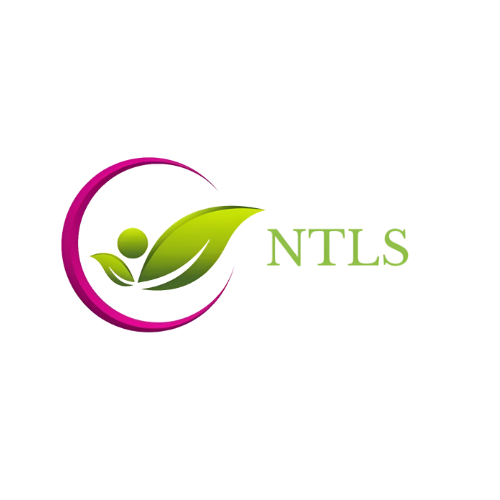INTERNATIONAL
The global nutraceutical and dietary supplement markets are expanding quickly, fueled by changing lifestyles and heightened awareness about the benefits of healthy eating.
Nutraceuticals is a comprehensive term that encompasses food, food derivatives, or food products, typically in extract form, which are claimed to offer health or medical benefits, such as preventing or treating diseases.
The global market is divided into segments and regulations also vary across regions and countries.
NORTH AMERICA
In the USA, FDA defines a dietary ingredient as a vitamin, mineral, herb or other botanical, amino acid, dietary substance for use by man to supplement the diet increasing the total dietary intake, or a concentrate, metabolite, constituent, extract, or a combination of the preceding substances
The FDA does not review or authorize dietary supplements for safety and efficacy before they are sold.
Instead, it monitors the safety of supplements in the market by tracking adverse events and conducting ongoing research.
While the responsibility for ensuring product safety lies with manufacturers before the supplements reach the market, the FDA has various post-market obligations to maintain their safety. This includes enforcing Good Manufacturing Practices (GMP) to ensure the quality of manufacturing, packaging, labelling, and storage of dietary supplements.
Additionally, the FDA requires dietary supplement manufacturers to report adverse events.
Any serious adverse events related to dietary supplement use should be reported to the FDA’s MedWatch Program.
Furthermore, the U.S. Federal Trade Commission (FTC) oversees the advertising of dietary supplements. According to the law, dietary supplement manufacturers can make three types of truthful and non-misleading claims: health claims, structure/function claims, and nutrient content claims.
Since the FDA does not pre-approve structure/function claims, they must include the disclaimer: « This statement has not been evaluated by the Food and Drug Administration. This product is not intended to diagnose, treat, cure, or prevent any disease. » Nutrient content claims indicate the amount of a nutrient present in a food or dietary supplement.
In Canada, a nutraceutical can be marketed either as a food or as a drug. The terms « nutraceutical » and « functional food » are legally interchangeable, referring to « a product isolated or purified from food that is typically sold in medicinal forms not commonly associated with food and is shown to have a physiological benefit or offer protection against chronic disease.” All natural health products are required to have a product license before they can be sold. To obtain this license, applicants must provide Health Canada with comprehensive information about the product.
APAC (Asia-Pacific)
In the APAC market, most countries require that a product be registered with the relevant Health Authority before it can be marketed. Some countries, such as Singapore and Hong Kong, operate on a compliance-based system—meaning that once a product meets local regulations, it can be launched in the market. Other markets, including Thailand, Malaysia, Indonesia, the Philippines, Vietnam, and Taiwan, mandate product registration with their respective Health Authorities. Countries like Japan, South Korea, and China have stringent rules and regulations governing product registration, requiring documentation and testing details to be submitted based on the product’s formula and claims.
In South Korea, nutraceuticals are known as ‘health Functional Food’. They are regulated by the MFDS. They are manufactured with functional ingredients or element useful for human health.
In China, they are two kinds of dietary supplements: functional food and nutrition supplements. Functional food must be registered before entering the market. Nutrition supplements are generally used to supplement and correct deficiencies with the intake of vitamins and minerals.
In Japan, health food includes two categories, foods with nutrients function claims and food with specified health uses. Foods with nutrients function claims can be used freely as far as their content satisfies the daily allowance of consumption. Specified health uses contain dietary ingredients that have beneficial effects on physiological functions. The general process for application is sequential and implies various authorities before the MHLW gives the official approval.
LATIN AMERICA
In Brazil, ANVISA has defined dietary supplements as a group of products, but with one definition: products for oral administration, presented under pharmaceutical dosage forms intended to supplement the diet of healthy individuals with nutrients, bioactive substances, enzymes or probiotics, alone or in combination.
Food supplements are regulated as health products (Article 215 of the General Health Act) in Mexico.
They don’t require license but they need to be notified to COFEPRIS. Based on the formulation and labeling COFEPRIS will classify as being food supplement, not a food supplement or will send RFI (response for information) to trigger additional support .
As a solution, we offer:
- Strategic input in the navigation of complex local regulatory framework
- Assessment and validation of the formulation/ packaging to meet standard features
- Definition of labelling and claims support
- Design of clinical trials if necessary
- Writing of technical dossiers ready for notification

Get in Touch
Have questions or need expert guidance on regulatory compliance? We’re here to help! Contact us today to discuss how NTLS can support your business.
